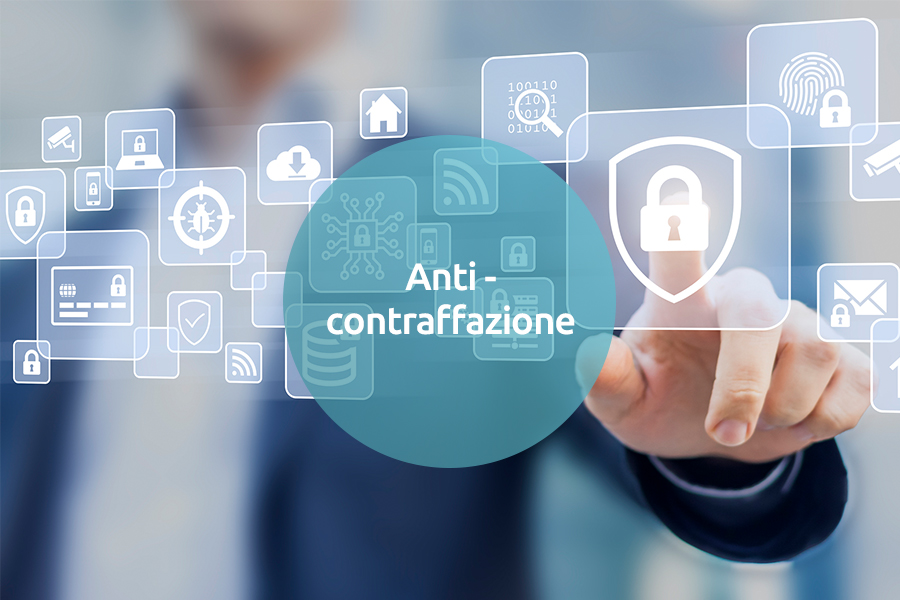A recent decision of the Italian Board of Appeal confirmed that it is possible to file the Italian translation of a European patent within two months of expiry of the corresponding term, by paying a fee and filing a request under Article 192 of the IP Code.
The decision is favourable to patent owners and criticises the strict policy of the Italian Patent and Trademark Office (IPTO), which had excluded the filing of such translations from the scope of Article 192.
Background
According to Article 65(1) of the European Patent Convention (EPC), the applicant of a European patent has at least three months after publication of the grant of the patent to file the translation of the specification in the languages of the designated contracting states requiring such filing. If this time limit is not observed, the European patent shall be deemed to be void ab initio in that state.
The EPC provides no remedies for such loss of righ,t since the time limit is not governed by the European Patent Office: remedies can be applied only under national law of the EPC contracting states.
According to Article 56(4) of the IP Code, the time limit for filing the translation of the specification in Italian is three months after publication; this term is mandatory and its non-observance implies that the European patent is deemed to be void ab initio in Italy (Article 56(5)).
The IP Code has three articles on deadlines, their extensions and remedies for non-compliance:
-
Article 191 states that a time limit provided by the IP Code can be extended on request before its expiry date, unless the term is indicated is not extendable. The time limit for filing a translation according to Article 56(4) is mandatory, so no extension is available.
-
According to Article 192, when the applicant for an industrial property right has not observed a time limit fixed by the IPTO in relation to a procedure before such office, the procedure may be continued at the request of the applicant, without entailing the loss of the right. The request to continue the procedure must be filed within two months of the expiry date, and must be accompanied by proof that both the omitted act has been performed and the prescribed fee has been paid. Article 192 includes a list of exceptions to its applicability; this list does not include the time limit for filing the translation of the specification according to Article 56. The request for continuation of the procedure does not imply specific requirements, except for completion of the omitted act and payment of the prescribed fee within two months. In case of compliance, it is automatically granted.
-
According to Article 193, the applicant or owner of an industrial property right which, although it has been diligent, does not comply with a time limit established by the IPTO can have its rights reinstated if the non-observance has, as a direct consequence, the rejection or the revocation of the industrial property right.
The omitted act must be carried out and the petition for reinstatement, including the facts and justification, filed within two months of cessation of the circumstances which made non-compliance with the term reasonably justifiable. However, such petition cannot be filed more than one year after expiration of the original term. The request for reinstatement of a right is not automatically granted: the outcome depends on the requirement of "diligence", which is often a relevant burden of proof for the applicant.
Therefore, the main difference between the procedures under Articles 192 and 193 is that, assuming that the omitted act is performed and the fees are paid in time, continuation under Article 192 is granted automatically, while the restoration of rights according to Article193 is granted only if "diligence required by the circumstances" is proved.
In the past, the owner of an Italian patent that failed to respect the time limit set out in Article 56(4) always asked for the reinstatement of its rights under Article 193. This procedure was followed by the IPTO, since Article 192 was added to the code only in 2005.
Of course, such requests for reinstatement under Article 193 were not always granted, since the owner had to demonstrate that it had exercised the diligence required by the circumstances.
Board decision
In a recent case the owner of a European patent validated in Italy appealed an IPTO decision rejecting a request under Article 192 for a continuation of the procedure related to the expiry of the time limit set out in Article 56.
The IPTO held that if the time limit for filing a translation has expired, only Article 193 is applicable, since the term for filing the translation is compulsory and its non-observance makes the patent void ab initio. The IPTO argued that Article 192 is not applicable.
If it were applied, the direct consequence would be a postponement of the term in which to apply Article 193; and Article 192 states that in no case may that term be postponed.
According to the patent owner, if a translation has not been filed on time, the remedies available should include both Articles 192 and 193. The main evidence of this is that such translations are not included by Article 192 in the list of fields to which the article itself is not applicable. Furthermore, Articles 192 and 193 are different and independent of each other; the only exclusions and limitations to the articles are those expressly cited by the articles themselves.
This interpretation has been confirmed by the EPC. The Board of Appeal accepted the patent owner's argument and concluded that the remedy set out in Article 192 can be used as an alternative to that set out in Article 193 when the translation has not been filed within the term indicated by Article 56 of the EPC.
Comment
Before the Board of Appeal's decision, it was unclear whether a request for continuation of the procedure under Article 192 could be filed when the translation had not been filed on time. The board clarified that this is possible.
The decision makes it easier for anyone that has been late in filing a translation to be admitted to a late filing, and thus retain its patent rights in Italy, without having to prove under Article 193 that the delay was not due to negligence - proof which is usually quite difficult and complicated to provide.




